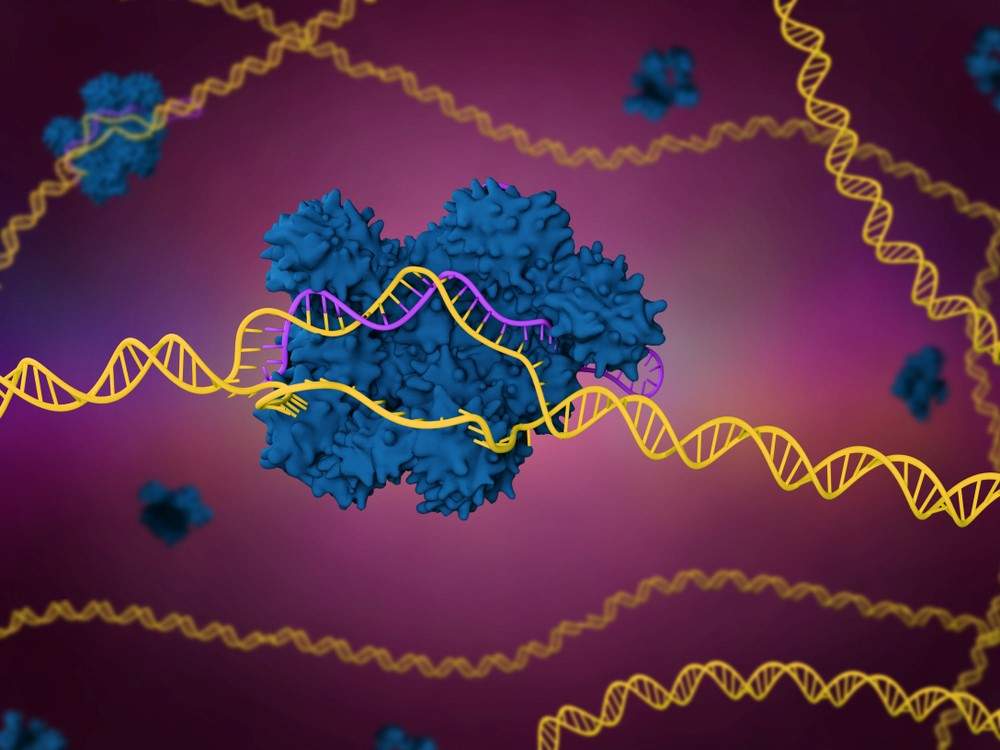
The US Court of Appeals for Federal Circuit has upheld an earlier ruling by the Patent Trial and Appeal Board (PTAB) in 2017.
The board found that the key CRISPR patents for the Broad Institute, which encompasses Harvard University and the Massachusetts Institute of Technology, and the University of California (UC) do not overlap.

Discover B2B Marketing That Performs
Combine business intelligence and editorial excellence to reach engaged professionals across 36 leading media platforms.
Despite UC filing its CRISPR patent application before the Broad Institute, the latter secured its patent first in 2014.
The Broad Institute’s CRISPR patent covers the use of the gene editing technology in eukaryotic cells, whereas UC’s application covers all cells, both eukaryotic cells and prokaryotic cells.
The case centres on whether using CRISPR technology in eukaryotic cells was the obvious next step from a technique described in a 2012 paper by UC researchers.
The PTAB ruled in February last year that the CRISPR patent claims did not overlap. The Court of Appeals referred to this in its decision, saying: “The Board found that a person of ordinary skill in the art would not have had a reasonable expectation of success in applying the CRISPR-Cas9 system in a eukaryotic cell.

US Tariffs are shifting - will you react or anticipate?
Don’t let policy changes catch you off guard. Stay proactive with real-time data and expert analysis.
By GlobalData“It concluded, therefore, that if UC’s claims were prior art, they would not have rendered Broad’s claims obvious, so there was no interference-in-fact.”
The Court of Appeal concluded that: “The Board’s fact-finding as to a lack of reasonable expectation of success is supported by substantial evidence.
“The Board performed a thorough analysis of the factual evidence and considered a variety of statements by experts for both parties and the inventors, past failures and successes in the field, evidence of simultaneous invention, and the extent to which the art provided instructions for applying the CRISPR-Cas9 technology in a new environment.
“In light of this exhaustive analysis and on this record, we conclude that substantial evidence supports the Board’s finding that there was not a reasonable expectation of success, and the Board did not err in its determination that there is no interference-in-fact.”
In making its decision the court did not re-evaluate the evidence it simply asked ‘whether such evidence supports the findings that were in fact made,’ according to Circuit Judge Kimberly Moore.
The Broad Institute wrote in a statement: “The Federal Circuit made the correct decision in upholding the United States Patent Trial and Appeal Board’s ruling. The patents and applications of Broad Institute and UCB are about different subjects and do not interfere with each other. The PTAB decision was clearly supported by sufficient evidence and followed applicable legal standards.
“It is time for all institutions to move beyond litigation. We should work together to ensure wide, open access to this transformative technology.”
In its statement, UC wrote: “While disappointed that the court did not allow the interference to go forward to resolve this issue, we are gratified that the court acknowledged that the Doudna-Charpentier team’s publication of their work in a 2012 paper represented a “breakthrough in the art” of gene editing, by first showing how the CRISPR-Cas9 system can be used as genome-editing technology in any environment.
“The court did not address the question of who invented the specific use of CRISPR-Cas9 in eukaryotic cells and emphasized that its decision was “not a ruling on the validity of either” Broad’s or UC’s claims.
“The decision thus does not preclude other proceedings, either in the USPTO or in the courts, by which UC may seek to establish that it is the actual inventor of use of the CRISPR-Cas9 system in eukaryotic cells. Accordingly, we are currently evaluating our further legal options in the courts.”




